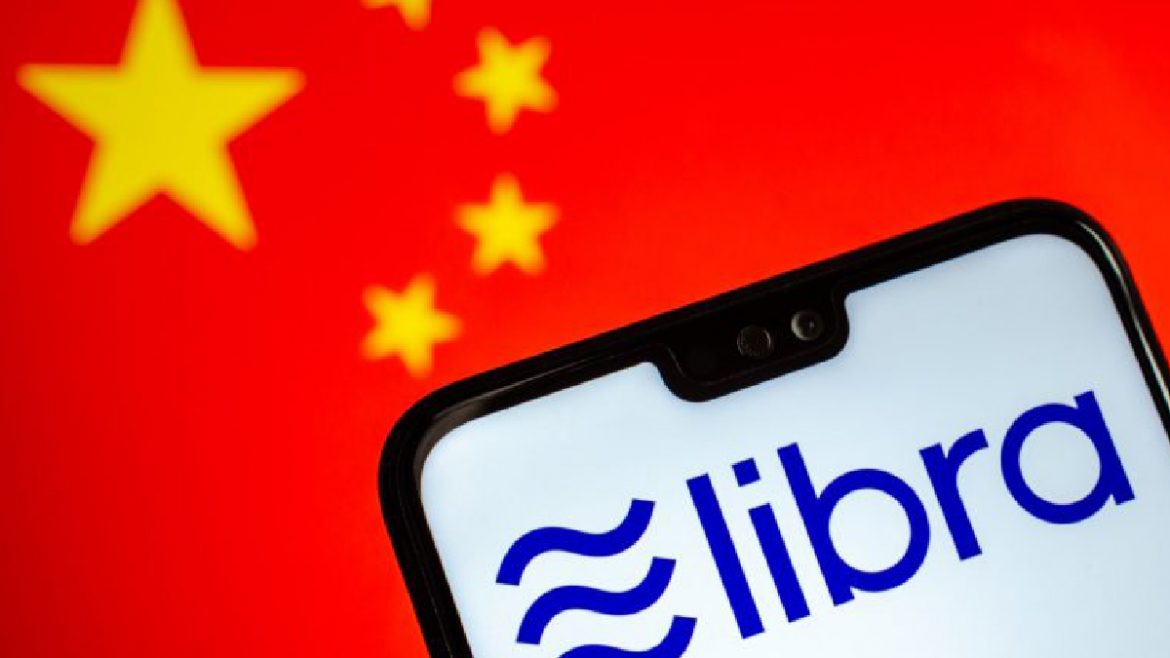Without a doubt, Libra, the cryptocurrency project presented by Facebook, is having a lot of push back from countries around the world, including the United States, and this downfall of Libra could be a boon for China and their own digital currency.
Congressional hearings, major sponsors pulling their support from the consortium of partners, and countries outright banning Libra are giving the Chinese digital currency a chance to flourish without the fierce competition for cryptocurrency dominance that Libra would give.
The People’s Bank of China (PBOC) has been in the process of stepping up its efforts to launch their Digital RMB and according to a report published on Friday by Shanghai Securities News, Yao Qian, who was the first director of the People’s Bank of China’s (PBOC) research institute on digital currency will be replaced by a new head of the central bank’s research subsidiary, Mu Changchun.
As the U.S. government leans toward strict regulations and outright banning of some crypto projects, the opinions of these actions are divisive and some people believe this will set the United States well behind in the race for government-backed digital currency dominance. This may have strengthened China’s resolve for development and deployment in order to capture the top spot in economic superiority. So now that the U.S. government has put a lid on Facebook’s Libra project, China’s ambitious plans may fall in place.
According to Mu, China’s sovereign digital currency would be based on blockchain technology which could inevitably lead to a replacement for cash. China’s digital currency would not be like Bitcoin with a decentralized core, but rather it would be centrally controlled by the PBOC. Commercial banks would hold reserves of the digital asset in China’s central bank for valuation control so that individuals and firms can transact using their digital wallets.
China’s official digital currency will continue to globally facilitate the use of the Yuan. Mu suggests that the central bank has been cautious about using the digital currency for other applications outside of the PBoC intentions as the Yuan has several advantages, like reducing the cost of transactions and running a centrally controlled sovereign currency that requires the same level of trust that the holder has for the central bank and government agencies. From this perspective, the digital Yuan may disrupt economies and compete with existing cryptocurrencies like Bitcoin, Ethereum and Ripple.
Social media giant Facebook’s cryptocurrency would be its biggest competitor because of the sheer number of users who would automatically be given use of their cryptocurrency through existing apps like Messenger. Now with Senate hearings, the committee may jeopardize Libra’s launch timeline, delaying the project indefinitely. This gives the digital Yuan the green light that Chinese investors have been waiting for. This may be a move that locks in China’s strong position in the global economy.
According to the PBoC, there is no need to compare the Yuan with existing digital currencies as the market and the features of Yuan are already chalked out. The digital Yuan doesn’t intend to compete with Bitcoin and it has its own target market and user base. The U.S. government’s interference with Facebook’s Libra may be quite beneficial for China in the long run.
Disclaimer
Content provided by CryptoTraderNews is for informational purposes only, and should not be construed as legal, tax, investment, financial, or other advice. All information is of a general nature. As always, there is risk with any investment. In exchange for using our products and services, you agree not to hold CryptoTraderNews Pro, its affiliates, or any third party service provider liable for any possible claim for damages arising from decisions you make based on information made available to you through our services.
Libra’s Downfall Could Be A Boon For China
previous post

2 comments
[…] Altcoins […]
[…] Altcoins […]
Comments are closed.